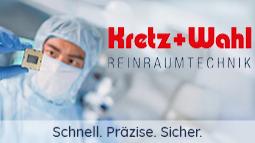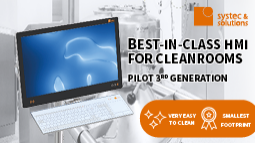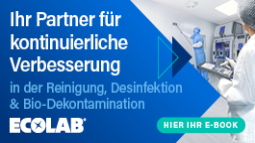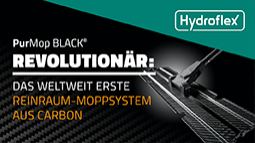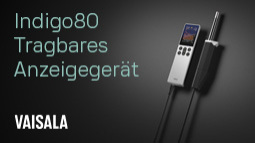- Hygiene & Cleaning
Purity by natural law: Ultrapure Water as a process medium
In research and production of electronic components for micro circuits, watches, medical devices or sensors and many more applications the requirements for ultrapure water as a cleaning medium are increasing more and more. This causes steadily growing demands for minimized ion and particle contents as well as for lowest TOC concentration in ultrapure water.
The applicable specifications are different and there are some overlapping directives, whereof VDI 2083, ASTM D5129 or ITRS (International Technology Roadmap for Semiconductors) are considered authoritative. Each of these rules differentiates again between different qualities depending on the intended purpose, thus e.g. in microstructure technology, according to the structure size range (1.2 down to 0.065 µm), eight different ultrapure water specifications may be consulted, while each of these distinguishes between up to 35 parameters for the evaluation of the water quality!
The production of ultrapure water takes several process steps, subdivided into the Make Up and the Polishing. The Make Up — the preparation of feed water until it gets to the storage tank — is realized almost invariably by a combination of conditioning, reverse osmosis and CEDI; the achieved quality is usually at <0.20 µS/cm, the storage tank is used to compensate for any consumption peaks. The ‘polishing’ then meets the requirements of microelectronics and microstructure technology as a final step. Since ultrapure water cannot be stored with 18.2 Mohmxcm or 0.055 µS/cm without compromising the quality, the polisher must be designed to the maximum possible flow rate within the system (or the loop line itself). The polishing, if required, is again divided into various process steps: Immediately after the booster pumps a disinfection by UV light (254 nm) follows, mainly even as oxidation (185 nm) to reduce organic components. The following residual desalination down to the single-digit ppt range is ensured by a high-purity mixed bed ion exchanger, produced especially for this application, by using semiconductor-grade ultrapure resin.
Particles are equally undesirable in the field of microelectronics and microstructure technology, so the last step is always a micro- or ultrafiltration. Microfiltration is used for particles sized between 0.2 and 0.05 µm; higher demands on the minimization of particles are met by an ultrafiltration.
Werner Polishing Systems SUPERAQUADEM® are being equipped individually for the specific customer needs, including all necessary process steps. The piping of the components and also the realization of the loop takes place at Werner by an experienced and trained team of plastic welders with computer-controlled welding machines, either in non-contact infrared welding or bead and crevice free BCF® welding technology. Depending on the applicable purity requirements beta-nucleated PP-H or PVDF have been established as materials.
Since the actual purification technology has not made any revolutionary progress in the last years, the current requirements are specified rather by the purity of the materials used, the production techniques and by the sustainability of the water-waste-water-balance. Werner ultrapure water systems benefit from the hygienic design of the process technology in the pharmaceutical area for an extremely high quality of processing even at the microstructure level.
In addition to point-of-use compact systems for the production of ultrapure water for laboratories Werner GmbH provides a SUPERAQUADEM® ultrapure water system with components from the industrial high-end sector.
![]()
EnviroFALK PharmaWaterSystems GmbH
Maybachstraße 29
51381 Leverkusen
Germany
Phone: +49 2171 7675 0
email: info@envirofalk-pharma.com
Internet: http://www.envirofalk-pharma.com
